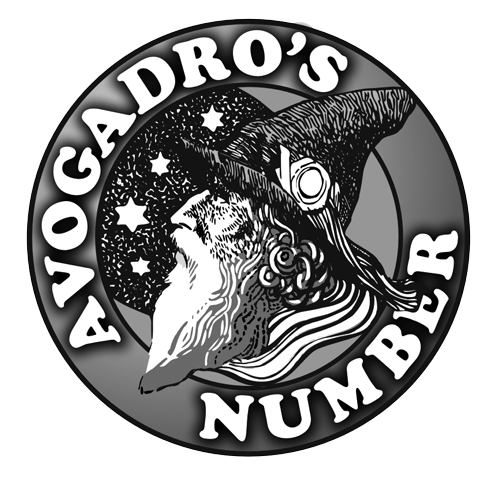Recognizing Denise Burson Freestone: Living Her Legacy

Recognizing Our Co-Founder Denise Burson Freestone: Honored by “Living Her Legacy” for Her Major Impact on Fort Collins
We have some exciting news to share! Denise Burson Freestone, one of the co-founders of OpenStage Theatre & Company, has been recognized by “Living Her Legacy: Women of Fort Collins” for her achievements in the arts and her impact on the community. “Living Her Legacy” honors local women who have made an impact on Fort Collins with portraits located on the North exterior of CooperSmith’s Poolside. This past weekend, Denise was honored with the unveiling of her portrait in Old Town Square, with many members of the OpenStage family in attendance to show their support!
In the following interview, Denise shares her history with OpenStage, her experience running a theatre company, and the advice she would give her younger self. Read more:
“We started OpenStage Theatre in 1973 with no money–just energy.”
My husband Bruce and I met at CSU in the theatre department. We dropped out of school for a while, we were definitely hippies and we were really into activism work. Eventually, we both went back to school and we had our daughter Jessica. We started OpenStage Theatre in 1973 with no money—just energy. We spent several months convincing the city of Fort Collins Parks and Recreation to let us perform outside for free in City Park. They didn’t understand what we were doing at all. We really had to convince the community that we were doing valuable work. It was a very close-knit group of people that held OpenStage together for years. In our statement for the playbill from our first show in 1973, we addressed our art, our audience, and our community. That has been our focus since the beginning—it’s why we’re called OpenStage Theatre & Company. Not because we’re a theatre company, but because of our Company of Artists. Over the decades, the concept of who we are as a company has grown, but our core values stay the same.
“We believe all theatre artists have a right to have ownership of their artistic creations.”
There was a really common saying back then that actors were “A Dime a Dozen,” which basically meant that if you lose one, you just get another one. It was no big deal. But at OpenStage, we believe all theatre artists have a right to have ownership of their artistic creations. We consider ourselves an ensemble family of theatre artists. Our artists, of which we have around 150 who work with us every year, have a very strong tie to the company and pride in their involvement with us. We have some artists that have worked with us for decades, and new people who work with us each season as well. Over the past five decades, we’ve worked with thousands of performers, directors, designers, etc, and we’ve performed for hundreds of thousands of people. At OpenStage we have always had an organizational culture where we respect and celebrate each other’s work without being in competition with each other. We don’t see a hierarchy of directors, designers, technicians, or actors—we are all artists, and we are all creating the same product. That is a really unique way of thinking in the theatre, and it’s something that makes OpenStage stand out.
“Are we going to continue to operate as a company or not?”
I constantly didn’t think OpenStage was going to make it. Constantly. Artists are always struggling to have the financial resources to do their art, and there have been many times that we’ve almost closed. There was one time in the early 90s that we were so severely in debt that Bruce and I refinanced our house to keep OpenStage afloat. There was also a company member who at the time, chose to stay anonymous, but I can now say her name was Sheila Jennings, a wonderful woman who has since passed away. She loaned us $5,000 interest-free. We got a group of sixteen of our key artists together as a ‘task force,’ and we asked ourselves and each other: “Are we going to continue to operate as a company or not?” We ultimately decided that the answer is “Yes,” so we then had to figure out how we would pay off this debt. Our artists graciously agreed to forgo their regular compensation for all but one of their performances, and all that money was used to pay off OpenStage’s debt. We were able to pay off the debt and loans within one year, all because of the commitment of our artists.
The most influential people in Denise’s life:
My first mentor was my high school drama teacher, who helped me find my passion for theatre. Then, when I came to CSU in the late sixties on a theatre scholarship, there was the head of the theatre department, Dr. Ron Willis. He was an amazing individual who built a powerful community out of what was, then, a very small department and he inspired me a lot. Lastly, there is Dr. Elnora Gilfoyle from CSU. I have had many, many, jobs in support of what I call “my theatre habit,” because none of us really made a living in theatre until the late 90s when we were finally able to financially support a small office staff. As part of supporting my theatre habit, I served for five years as the Assistant Director of the
Institute for Women and Leadership under Ellie. She is truly a phenomenal individual and the experience was key to improving my leadership of OpenStage Theatre. These mentors have had an incredible influence on my life, and I still find myself drawing on the wisdom that they have passed on to me. From learning to use a computer when I worked for the engineers, to creating a positive organizational culture, to understanding my leadership style—I was able to use everything I learned to make OpenStage better.
“Passion. Vision. Perseverance.”
Perseverance is key. You have to persevere during the hard times and embrace your vision with everything you have. Stay with it no matter what people say, and no matter what obstacles you face. Passion. Vision. Perseverance. There’s very little difference between perseverance and stubbornness. It takes a belief in yourself and a belief in your vision. Over the years, we’ve constantly had to battle for the recognition of the arts in the community. Where Bruce and I are now is such an amazing place. In many ways what OpenStage has become is exactly what we wanted, but in many other ways, it has grown beyond what we could have ever conceived. Our artists value each other, they value their work, they value their community, and they value what their art brings to the table.
“We did whatever it took.” A history of the Lincoln Center Magnolia Theatre.
In the late 70s, our hope was to take the old auditorium in the original Lincoln Junior High School (now the Lincoln Center) and make it an accessible performance space for local groups. They fought us tooth and nail! Eventually, though, we were allowed to use it. They called the space the ‘mini theatre’ up until the recent remodel about ten years ago—I always hated that name because it made it sound like everything we did was small. They gave us the space, and some chairs and risers, and that was pretty much it. We brought in our own lights and sound system. There was no back wall, it just opened up into a meeting room space in the back, but we managed to get our hands on this old grand drape from the Fort Collins High School. One Sunday morning, about ten of us gathered and carried this huge drape on a 24-foot-long rod all the way down Canyon Avenue into the Lincoln Center. I still remember the image of all of us carrying that drape down the streets of Fort Collins on a Sunday morning. We built sets in abandoned chicken coops. We used our own money for shows even when we had none to spare. Bruce and I painted our landlord’s house to pay for two months of our rent. We did whatever it took.
If you could say anything to your younger self, what would you tell her?
Believe in yourself. Don’t let the opinions of other people cause you so much pain. Celebrate yourself more.
We would like to extend our congratulations and gratitude to our co-founder Denise Freestone for her wisdom, inspiration, and impact on the OpenStage community. Thank you!
Visit livingherlegacy.org to learn more about their organization and art installation in Old Town.
The Christians
Directed by Jack Krause
May 20 – June 11, 2022
Twenty years ago, Pastor Paul’s church was a modest storefront. Now it’s a gleaming megachurch. Paul is about to deliver a sermon that will shake the foundation of his parish to its core. Certainty and doubt come to a head as his stunning revelation just may convert his congregation of thousands into a congregation of one. A compassionate nuanced look at faith in America—and the trouble with changing your mind.















